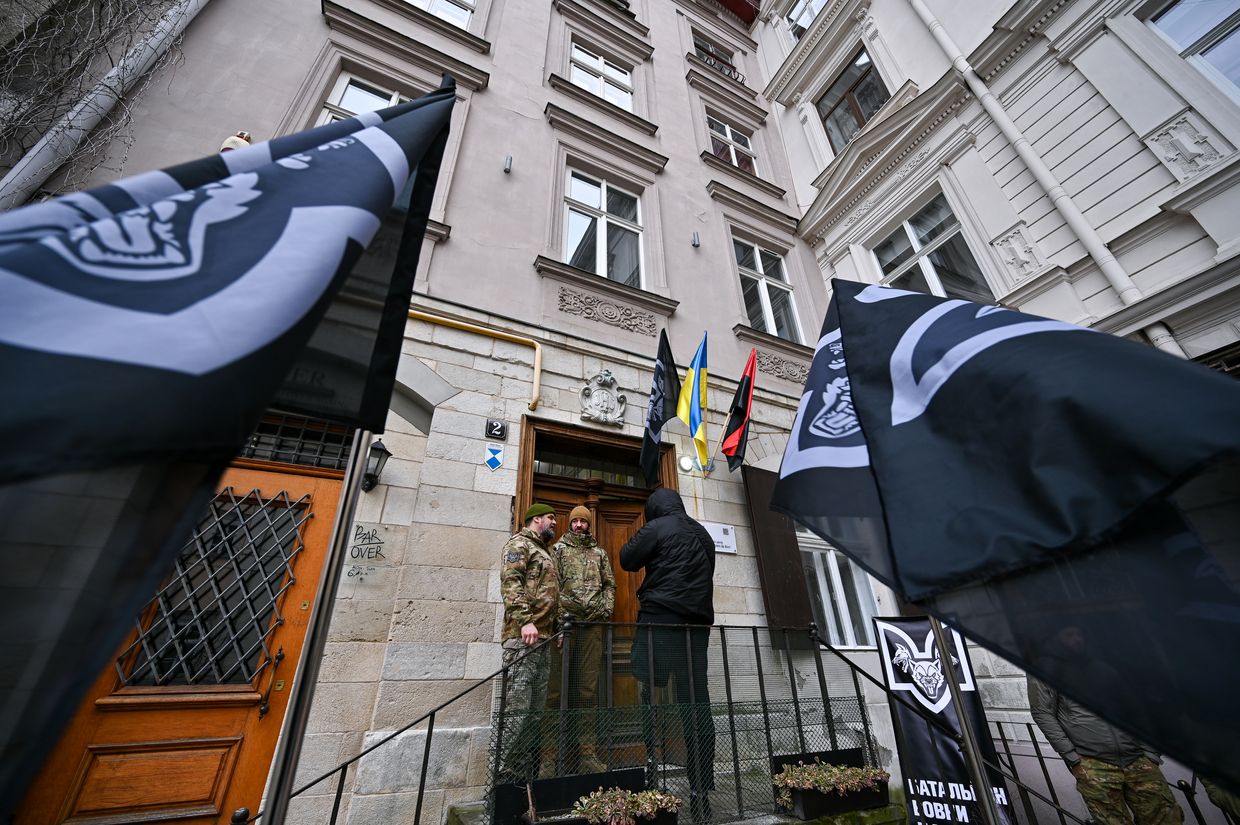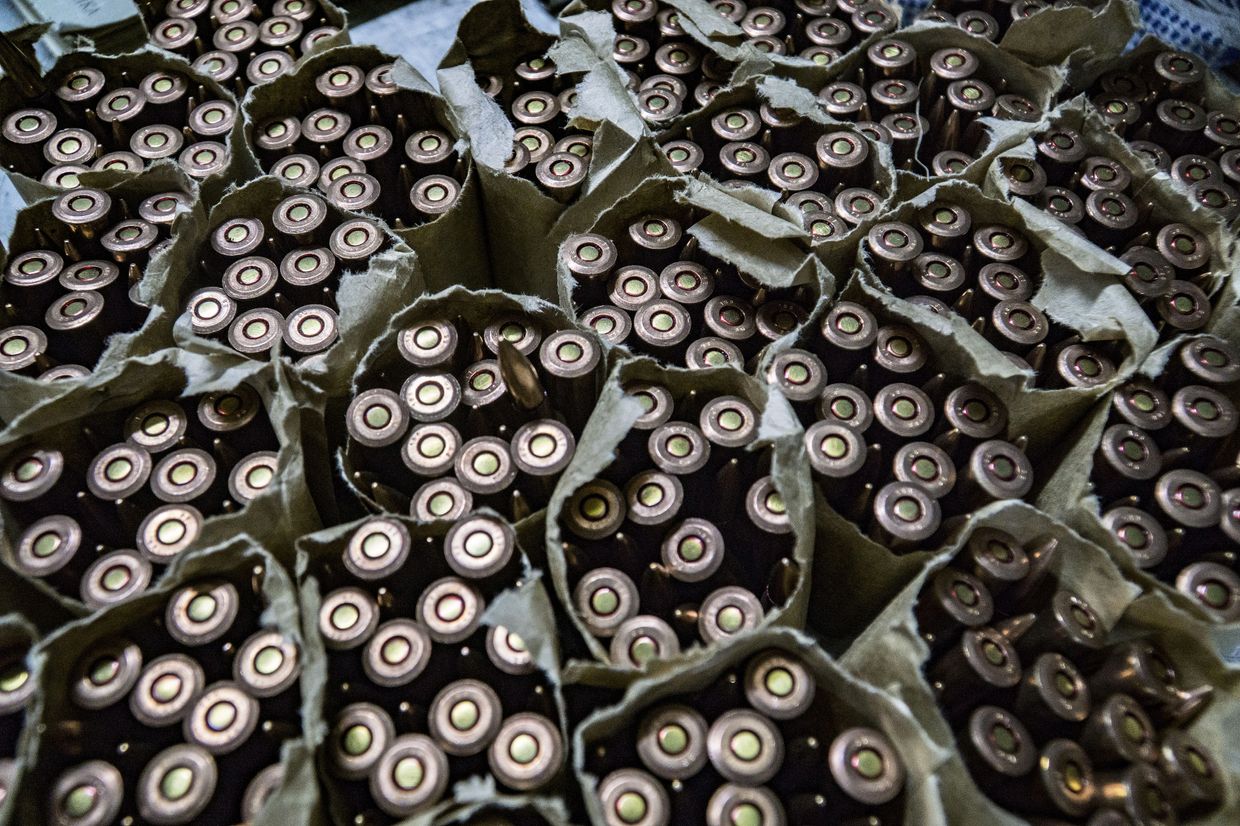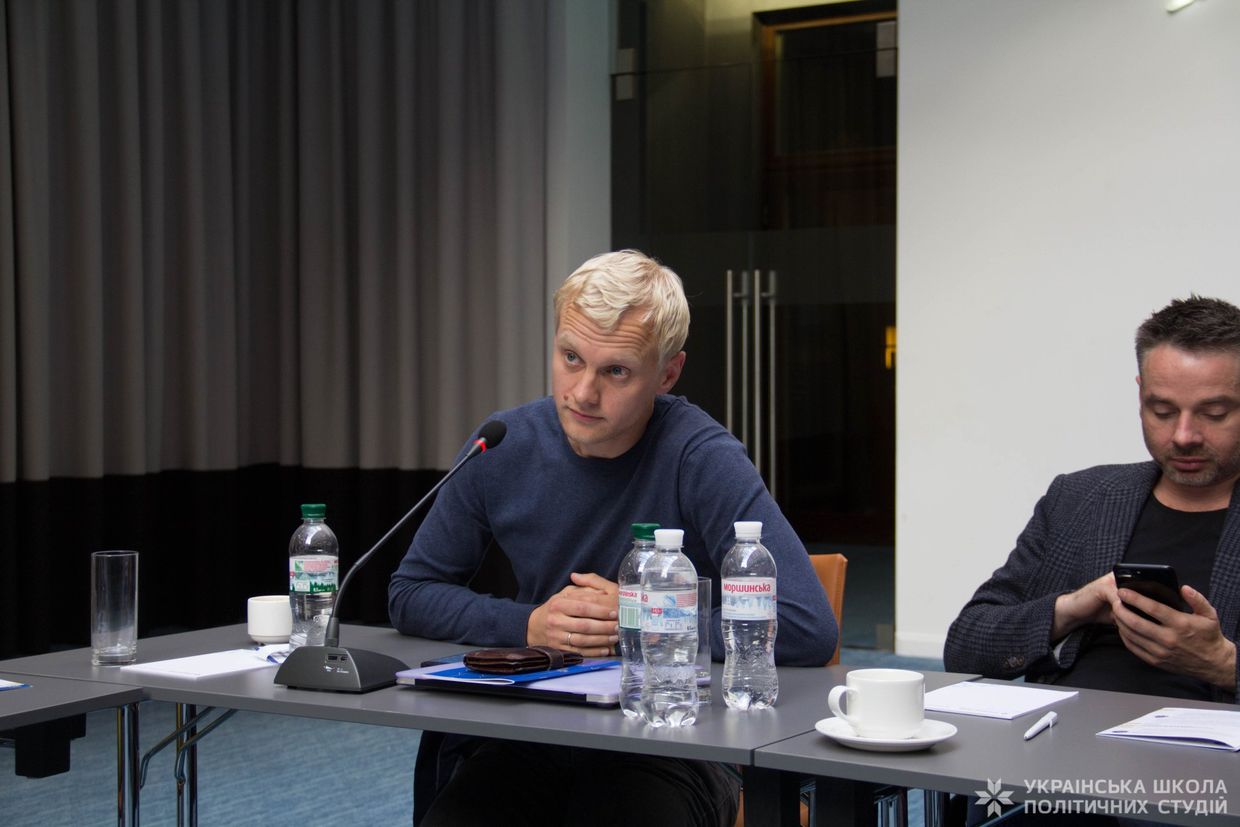MP Yaroslav Zhelezniak: Developments in Ukraine’s parliament on economic reforms, international obligations — Issue 46

Editor’s note: This is issue 46 of Ukrainian lawmaker Yaroslav Zhelezniak’s weekly “Ukrainian Economy in Brief” newsletter, covering events from March 4- 10, 2024. The digest highlights steps taken in the Ukrainian parliament related to business, economics, and international financial programs.
The Kyiv Independent is republishing with permission.
World Bank priorities
The president signed the draft law on corporate governance reform in state-owned enterprises
On March 5, President Volodymyr Zelensky signed draft law #5593-d on state-owned enterprise (SOE) corporate governance reform. It’s one of the three draft laws which had to be signed to ensure that the World Bank will send to Ukraine $1.5 billion guaranteed by Japan.
The President's Office plans to veto the draft law on financial markets in favor of the NSSMC’s chairman.
Draft law #5865 on strengthening the independence and institutional capacity of the National Securities and Stock Market Commission (NSSMC) according to the International Organization of Securities Commissions (IOSCO) principles hasn’t been signed yet.
According to our information, the President's Office is preparing a veto in response to a request from the head of the NSSMC, Ruslan Mahomedov.
According to the letter from the head of the NSSMC, which appeared at our disposal, he asks the president to veto draft law #5865 as it doesn’t include the provisions of increasing salaries to Hr 300,000 ($7,800) a month.
Furthermore, Mahomedov asks to eliminate provisions which ban the right for a person to work or lead the NSSMC if they have a relative working for a market player.
This request considers the current head’s conflict of interests as Mahomedov's partner, Yevhenia Hryshenko, works as the head of a department at Investment Capital Ukraine.
The adoption of the draft law #5865 was one of conditionalities for Ukraine to $1.5 billion from the World Bank guaranteed by Japan.
Other key economic issues
The draft law on mobilization may come into effect in early May.
The Committee on National Security, Defense and Intelligence sent lawmakers the pre-final table of amendments to the second reading of the draft law #10449 on mobilization. Overall lawmakers submitted 4269 amendments. At this stage, the Committee accepted 45% (1976) of amendments partly or fully.
This week, the Committee is going to prepare the final table of amendments. Thus, the parliament may start to consider the draft law the next plenary week and adopt it in the second reading by the end of March.
In the best-case scenario, the draft law could be signed in early April. Regarding the one-month transition period, the bill may come into effect no earlier than in the first weeks of May.
Lawmakers suggest to forbid SOEs to hide prices of procurements for construction works.
Last week lawmaker Anastasiia Radina and several other, including myself, submitted to the parliament draft law #11057 on changes in public procurement procedures for SOEs.
Currently several provisions, including those adopted due to the martial law, give SOEs a right not to show the detailed cost estimate within the procurements related to construction works.
Numerous journalists’ investigations show that it’s an opportunity for corruption and fraud as the SOEs often buy overpriced construction materials. For example, Energoatom purchased concrete for construction at twice the market price.
Draft law #11057 obliges the state contracting authorities to publish the detailed cost estimate of construction works under the signed contracts.
The Parliament cancelled voting plans last week because the majority of loyal lawmakers went on international business trips.
The Verkhovna Rada planned to have meetings on March 6-8. However, these plans were cancelled due to the absence of votes. A big number of lawmakers who voted for the Cabinet of Ministers' draft law on restarting the Bureau of Economic Security received permission to go abroad for business trips as a token of appreciation for complying with the requirement of the President's Office.
In contrast, as we reported in Issue 45, several MPs both from coalition and opposition factions received a rejection of requests for business trips after not voting for the Cabinet of Ministers' draft law #10439. According to our information, the President's Office banned lawmakers' trips despite all permissions from the parliament's management.
The official reason for cancelling plenary meetings was said to be the urgent need to prepare some report for the U.S Senate.
State law enforcement bodies supervised by the President's Office deputy put pressure on anti-corruption activists
The State Bureau of Investigations (SBI) registered criminal proceedings against the Head of the Anti-Corruption Action Center Vitaliy Shabunin.
According to Shabunin's statement, the SBI is incriminating him for avoiding military service and forgery of National Agency on Corruption Prevention (NACP) documents.
Shabunin says that he voluntarily mobilized in the Armed Forces of Ukraine in the first days of war and that the NACP’s documents couldn’t be falsified as the NACP works with an e-document system.
The SBI is a part of law enforcement state bodies which are supervised by the Deputy Head of the Presidential Office Oleh Tatarov.
Journalists discovered a network of Ukrainian officials related to Oleh Tatarov. The Hromadske news outlet said it discovered a network of officials and top law enforcement officers who worked under the supervision of Oleg Tatarov.
According to the journalists, among those are judges of the Pechersk District Court Svitlana Shaputka, Svitlana Smyk, and Vita Bortnytska, who left the court in 2023 but in previous years, sometimes in pairs, decided the most high-profile processes in Ukraine.
For example, they judged high-profile cases such as the case of the ex-deputy of the Kyiv-Pechersk Lavra Pavlo Lebed and decided house arrest for the activist Roman Ratushnyi.
The network found by the journalists is wider. We also have reasons to suspect that the watchdog over the law enforcement state bodies on behalf of Tatarov is also listed in this network.
State TV channel Rada buys production services from the company affiliated with Zelensky’s business partner in Kvartal 95.
Over the last three years, the state TV channel “Rada” made several procurements of production and other media services from the company Kinokit worth Hr 350 million ($9 million) in total.
According to an investigation by Bihus.Info, the owner of Kinokit is Yuliia Drozdova who previously worked as a legal advisor to Volodymyr Zelensky’s ex-business partner Timur Mindich.
Mindich is a film producer and businessman, one of the co-owners of the Kvartal 95 company, which was co-founded by Zelenskyy himself before the presidency.















